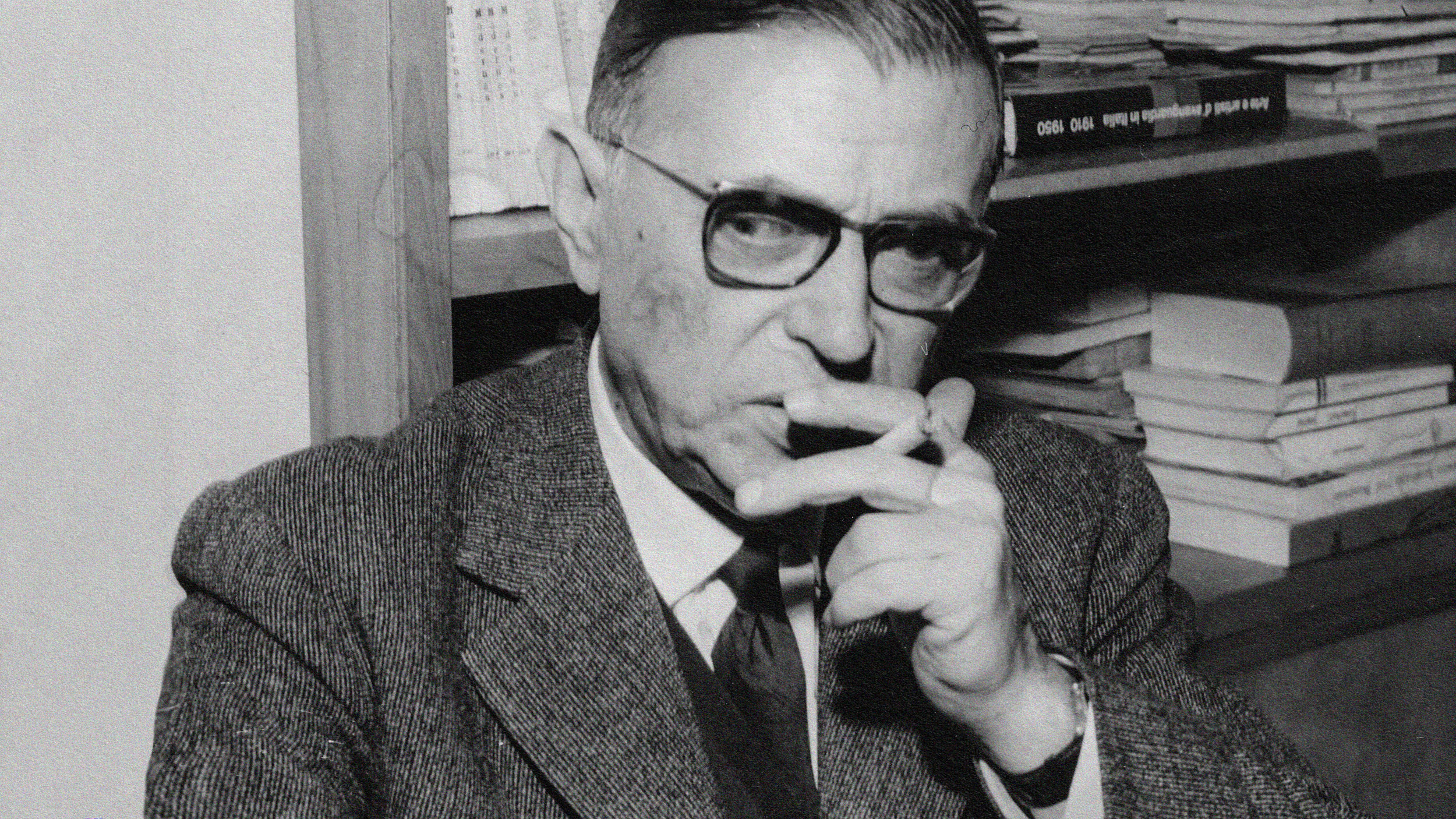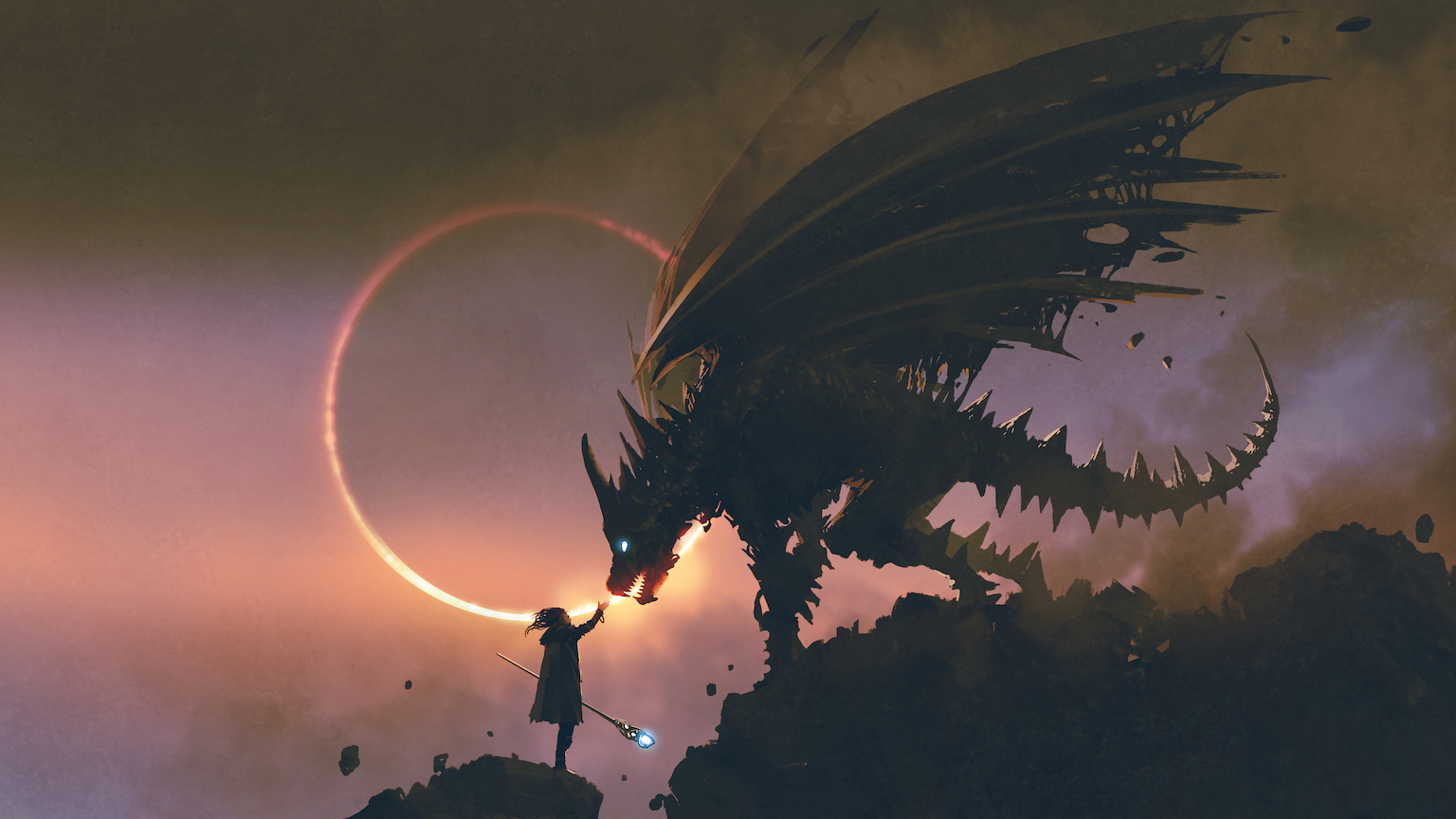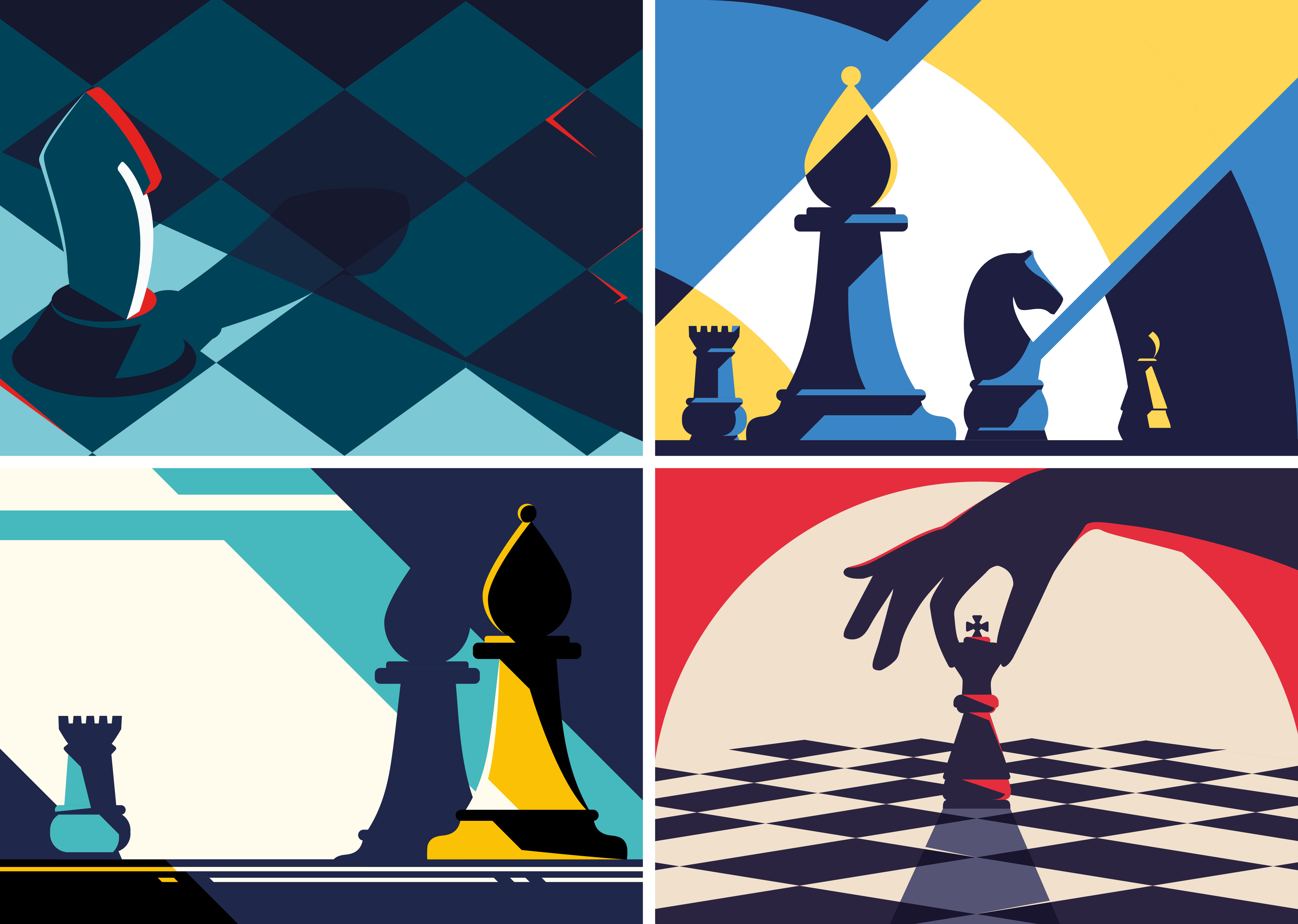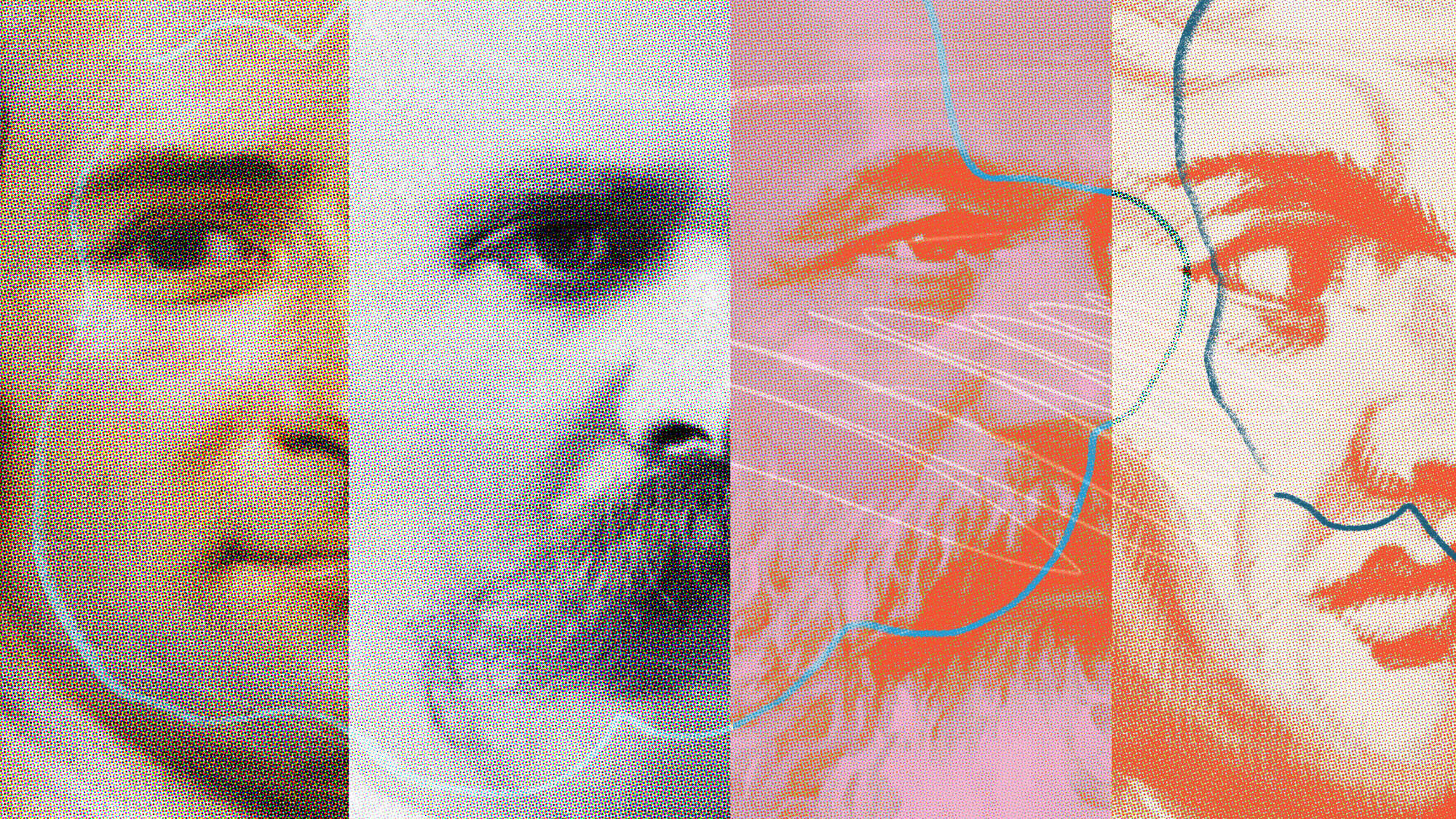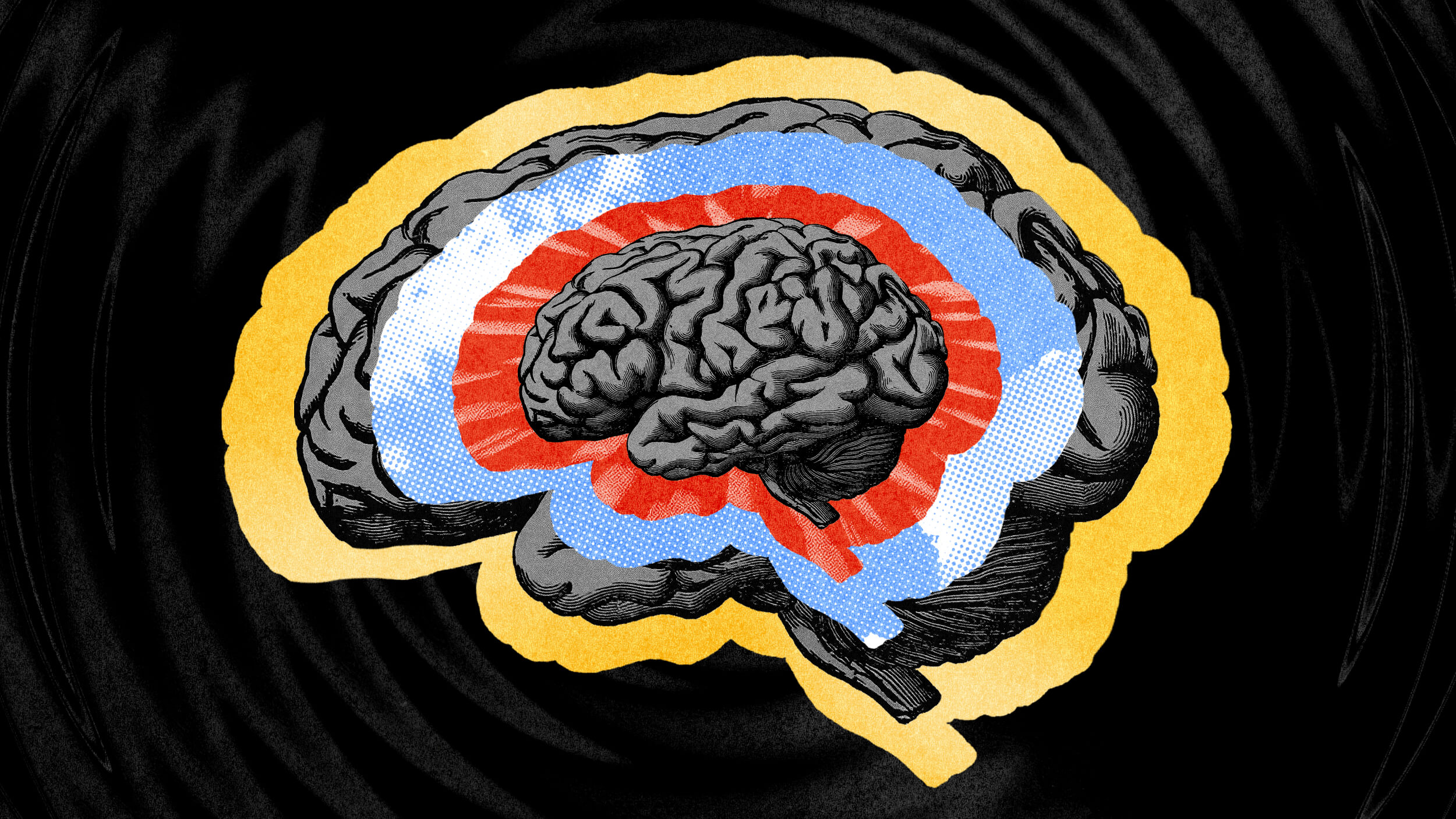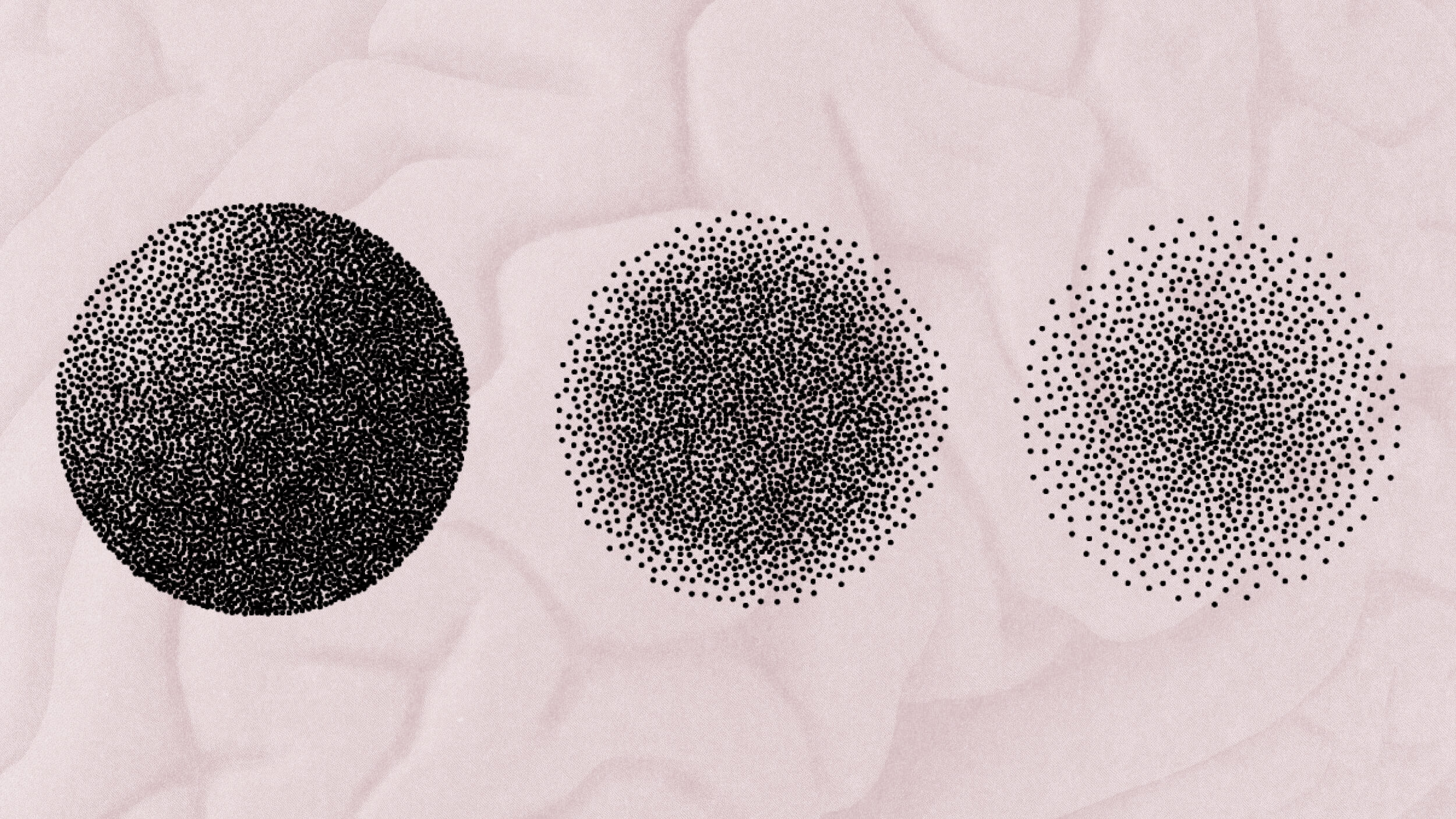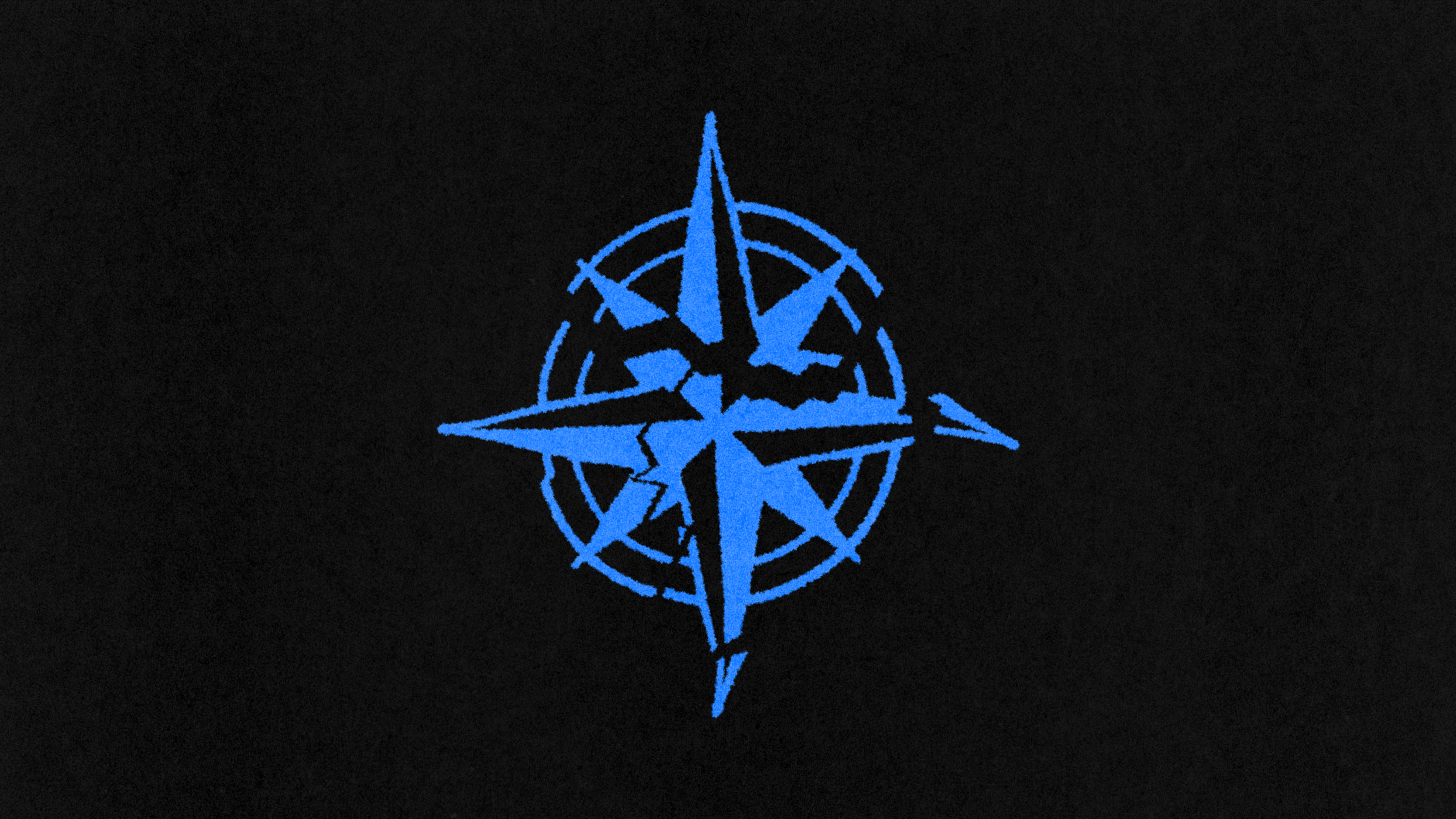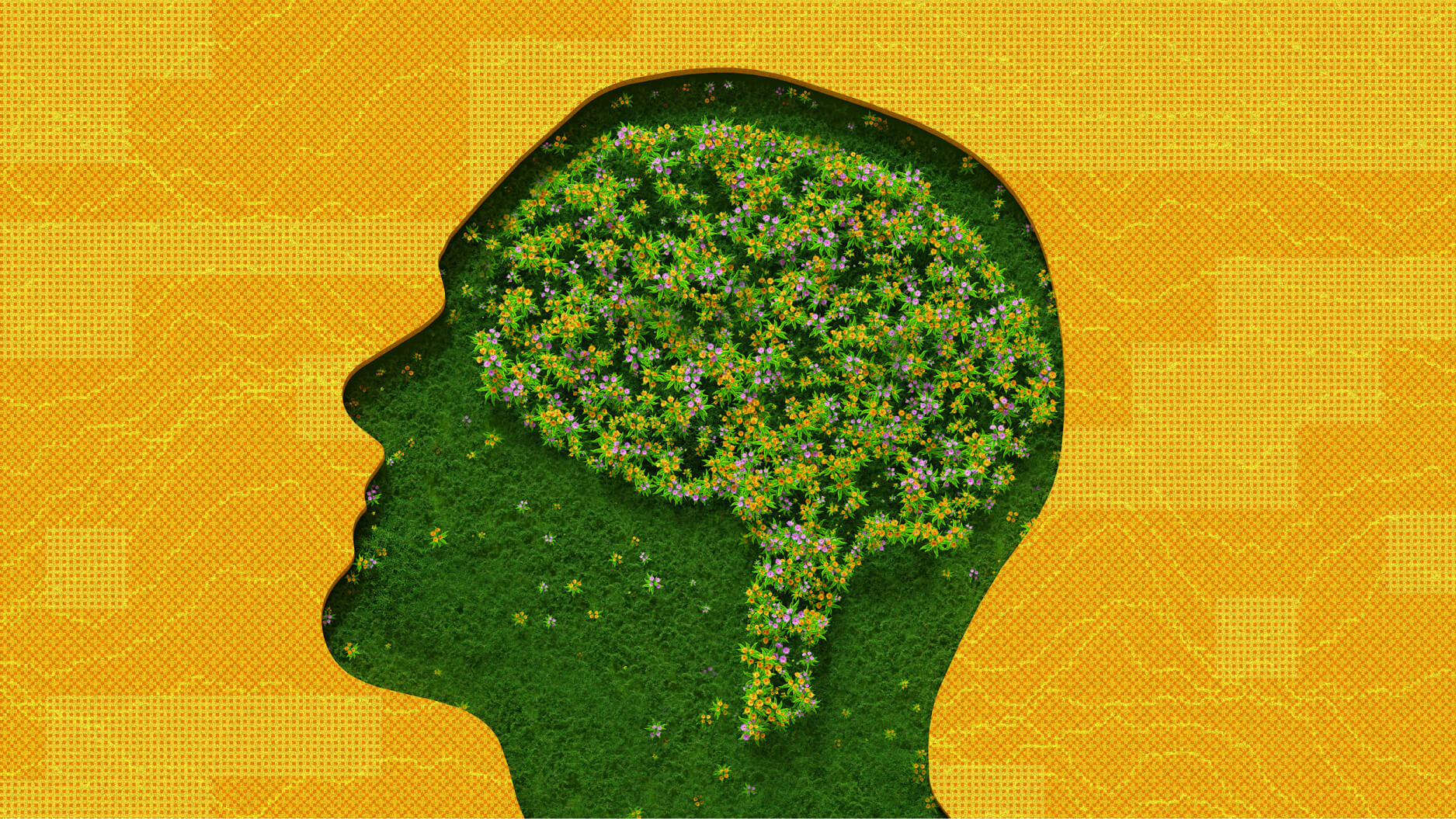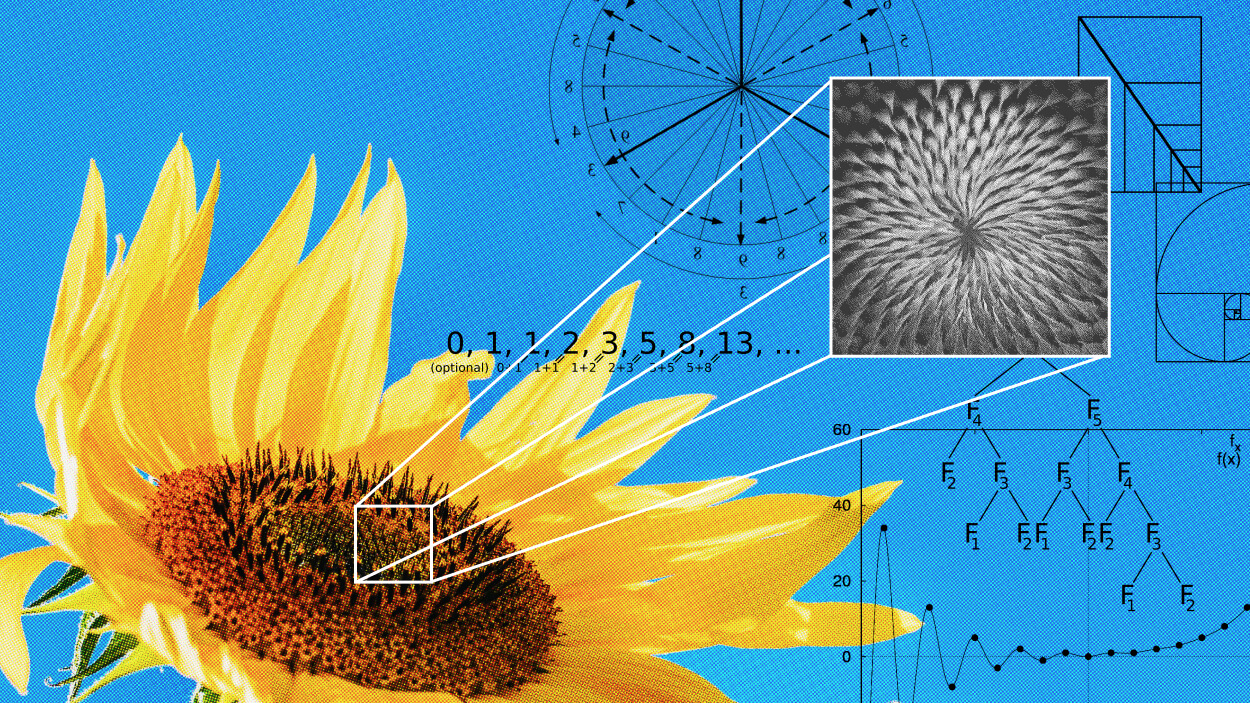Rutger Bregman’s “Moral Ambition” wants us to aim our careers not at money but solving the world’s biggest problems.
What’s the point in fighting a made up monster?
The strange, undulating sound of mathematics.
A paradigm should be elastic enough to accommodate new data and broad enough to explain the world. For Rupert Sheldrake, ours does neither.
If you feel like you’re missing out on something bigger, you might be feeling saṃvega.
In the tears and laughter of a single life, you find the grief and joy of humanity.
According to Tolkien, fantasy requires a deep imagination known as “sub-creation.” And the genre reflects a fundamental truth of being human.
The award-winning nature writer, Robert Macfarlane, talks with Big Think about how to reacquaint ourselves with the rivers in our lives.
Are we enslaved by the finer things in life?
Barthes is dead — long live the artist.
“For every PhD there is an equal and opposite PhD.”
Grandmasters and drug dealers have one thing in common: They are many steps ahead of their rivals.
Follow the money and you’ll follow history.
Do our thoughts have any meaning whatsoever?
Pessimissts are never disappointed, but are they also kinder?
That Nietzsche quote might not mean what you think it does.
What can drugs teach us about consciousness?
Harmony and moderation make for a happier life.
How much can you know about someone from a single belief?
Your BS detector might not be as accurate as you think.
When you enter someone’s home, you learn how life is lived elsewhere.
“Lookism” is prevalent and harmful. So why do so few take it seriously?
Buddhism has rules for slaying your enemies. But the real surprise is finding out who your enemies actually are.
We need more science fiction-inspired thinking in how we approach AI research, argues AI expert Gary Marcus.
Big Think spoke with author and psychiatrist Elias Dakwar about addiction, rock bottom, and the moment you realize your compass is broken.
Be more like Goldilocks.
The more you know, the better you can act.
Could AI develop true intelligence without sentience? Philosopher Jonathan Birch explores the boundaries of artificial and evolved minds.
The artistic and the mathematical mind are not so far apart.




